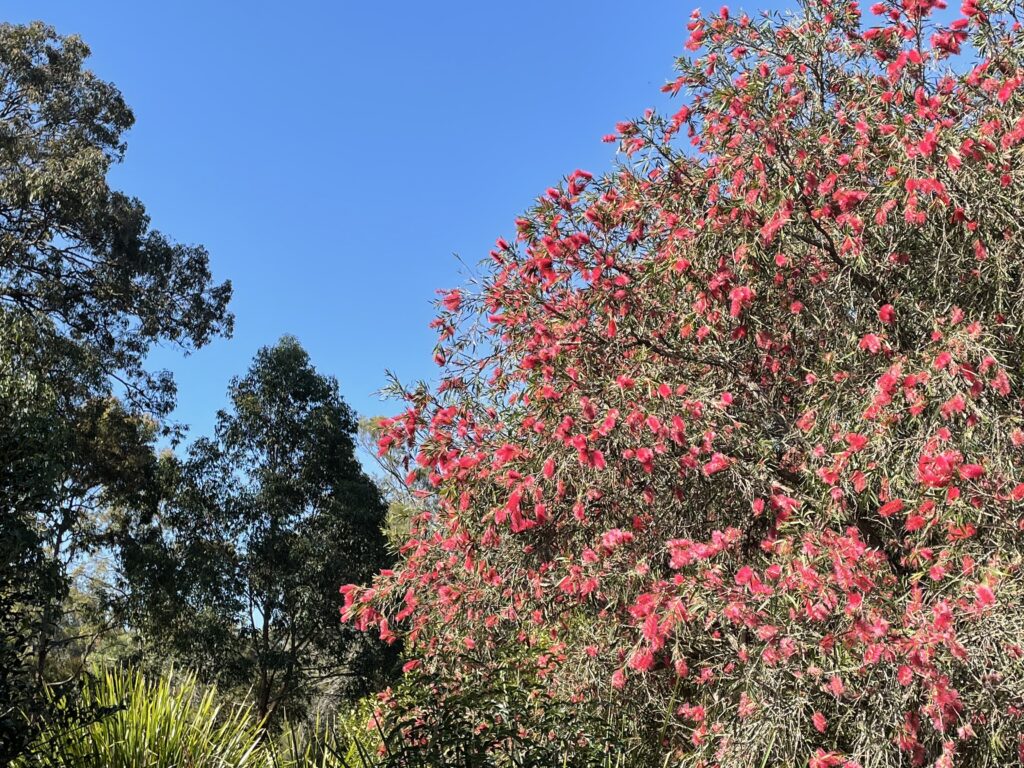Finding the Way
At other times and in other civilizations, the path of spiritual transformation was confined to a relatively select number of people; now, however, a large proportion of the human race must seek the path of wisdom if the world is to be preserved from the internal and external dangers that threaten it.
In this time of violence and disintegration, spiritual vision is not an elitist luxury but vital to our survival.
To follow the path of wisdom has never been more urgent or more difficult. Our society is dedicated almost entirely to the celebration of ego, with all its sad fantasies about success and power, and it celebrates those very forces of greed and ignorance that are destroying the planet.
It has never been more difficult to hear the unflattering voice of the truth, and never more difficult, once having heard it, to follow it: because there is nothing in the world around us that supports our choice, and the entire society in which we live seems to negate every idea of sacredness or eternal meaning.
So at the time of our most acute danger, when our very future is in doubt, we as human beings find ourselves at our most bewildered, and trapped in a nightmare of our own creation.
Yet there is one significant source of hope in this tragic situation, and that is that the spiritual teachings of all the great mystical traditions are still available. Unfortunately, however, there are very few masters to embody them, and an almost total lack of discrimination in those searching for the truth.
The West has become a heaven for spiritual charlatans. In the case of scientists, you can verify who is genuine and who is not, because other scientists can check their background and test their findings. Yet in the West, without the guidelines and criteria of a thriving and full-fledged wisdom culture, the authenticity of so-called “masters” is almost impossible to establish. Anyone, it seems, can parade as a master and attract a following.
This was not the case in Tibet, where choosing a particular path or teacher to follow was far safer.
People coming to Tibetan Buddhism for the first time often wonder why such great importance is placed on lineage, on the unbroken chain of transmission from master to master. Lineage serves as a crucial safeguard: It maintains the authenticity and purity of the teaching. People know who a master is from who his master is. It is not a question of preserving some fossilized, ritualistic knowledge, but of transmitting from heart to heart, from mind to mind, an essential and living wisdom and its skillful and powerful methods.
Recognizing who is and who is not a true master is a very subtle and demanding business; and in an age like ours, addicted to entertainment, easy answers, and quick fixes, the more sober and untheatrical attributes of spiritual mastery might very well go unnoticed.
Our ideas about what holiness is, that it is pious, bland, and meek, may make us blind to the dynamic and sometimes exuberantly playful manifestation of the enlightened mind.
As Patrul Rinpoche wrote: “The extraordinary qualities of great beings who hide their nature escapes ordinary people like us, despite our best efforts in examining them. On the other hand, even ordinary charlatans are expert at deceiving others by behaving like saints.”
If Patrul Rinpoche could write that in the nineteenth century in Tibet, how much more true must it be in the chaos of our contemporary spiritual supermarket? So how are we today, in an extremely distrustful age, to find the trust that is so necessary in following the spiritual path? What criteria can we use to assess whether or not a master is genuine? …
True teachers are kind, compassionate, and tireless in their desire to share whatever wisdom they have acquired from their masters, never abuse or manipulate their students under any circumstances, never under any circumstances abandon them, serve not their own ends but the greatness of the teachings, and always remain humble. Real trust can and should only grow toward someone who you come to know, over time, embodies all these qualities. You will find that this trust becomes the ground of your life, there to support you through all the difficulties of life and death.
Source: Sogyal Rinpoche. The Tibetan Book of Living and Dying. 20th Anniversary Edition. Edited by Patrick Gaffney and Andrew Harvey. New York: HarperCollins, 1994.

In the Sufi master Rumi’s Table Talk, there is this fierce and pointed passage:
The master said there is one thing in this world which must never be forgotten. If you were to forget everything else, but were not to forget this, there would be no cause to worry, while if you remembered, performed and attended to everything else, but forgot that one thing, you would in fact have done nothing whatsoever. It is as if a king had sent you to a country to carry out one special, specific task. You go to the country and you perform a hundred other tasks, but if you have not performed the task you were sent for, it is as if you have performed nothing at all. So man has come into the world for a particular task, and that is his purpose. If he doesn’t perform it, he will have done nothing.
All the spiritual teachers of humanity have told us the same thing, that the purpose of life on earth is to achieve union with our fundamental, enlightened nature. The “task” for which the “king” has sent us into this strange, dark country is to realize and embody our true being. There is only one way to do this, and that is to undertake the spiritual journey, with all the ardor and intelligence, courage and resolve for transformation that we can muster.
(Sogyal Rinpoche. The Tibetan Book of Living and Dying.)
